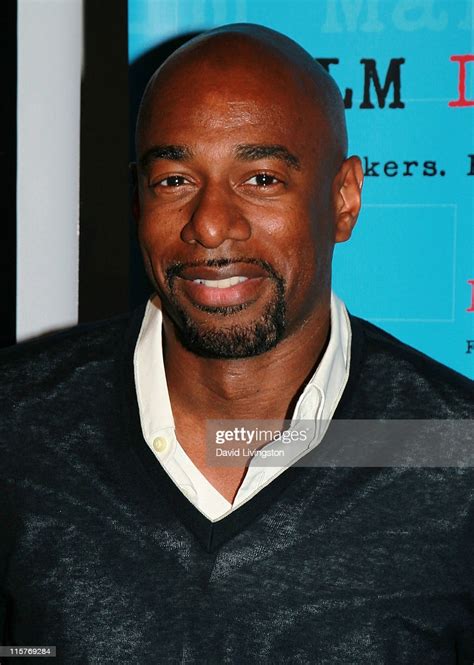A Quote by Nancy Gibbs
The days of the Pentagon Papers debates seem long past, when a sudden transparency yielded insight into fights over war and peace and freedom and security; the transparency afforded by Twitter and Facebook yields insights that extend no further than a lawmaker's boundless narcissism and a culture's pitiless prurience.
Related Quotes
There's a transparency revolution sweeping the world. The more you can have transparency of payments, the more you'll be able to follow the money and the more you'll be able to see that payments for mineral rights in poor countries actually go to the people who need it, and don't get put into a kleptocrat's pocket. Transparency is terribly important for us.
The US is often the first to call for transparency and integrity in the reporting of other governments. It has never provided transparency or integrity in its reporting on the war in Iraq. It has downplayed the growth of the insurgency and other civil conflicts. It exaggerated progress in the development of Iraqi forces, and has reported meaningless macroecomic figures claiming 'progress' in the face of steadily deteriorating economic conditions for most Iraqis outside the Kurdish security zone, and does so in the face of almost incredible incompetence by USAID and the Corps of Engineers.
The IMF and the World Bank, the most opaque and secretive entities, put millions into NGOs who fight against "corruption" and for "transparency." They want the Rule of Law - as long as they make the laws. They want transparency in order to standardise a situation, so that global capital can flow without any impediment.
































